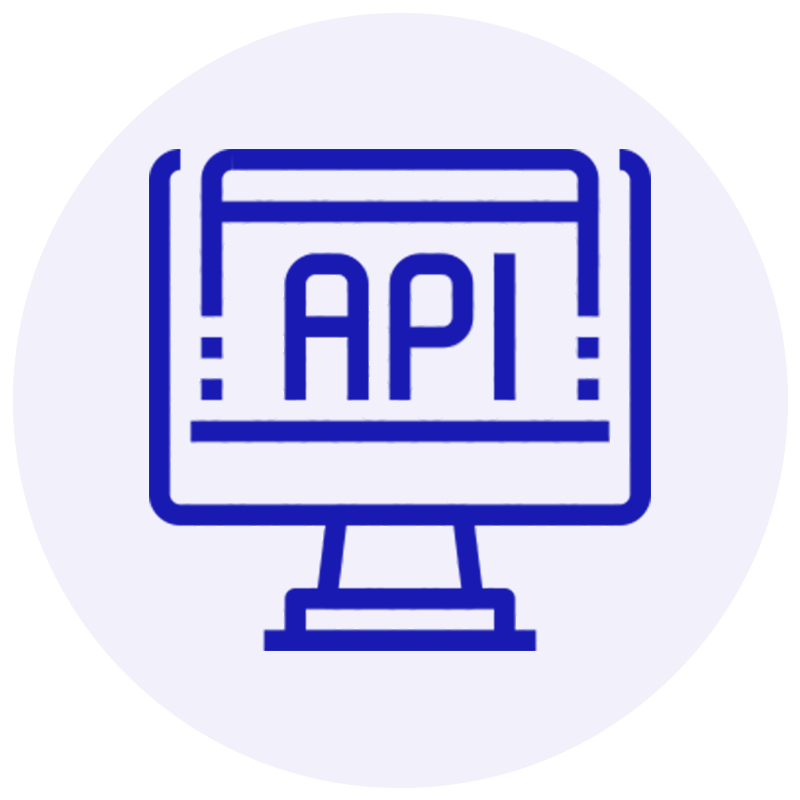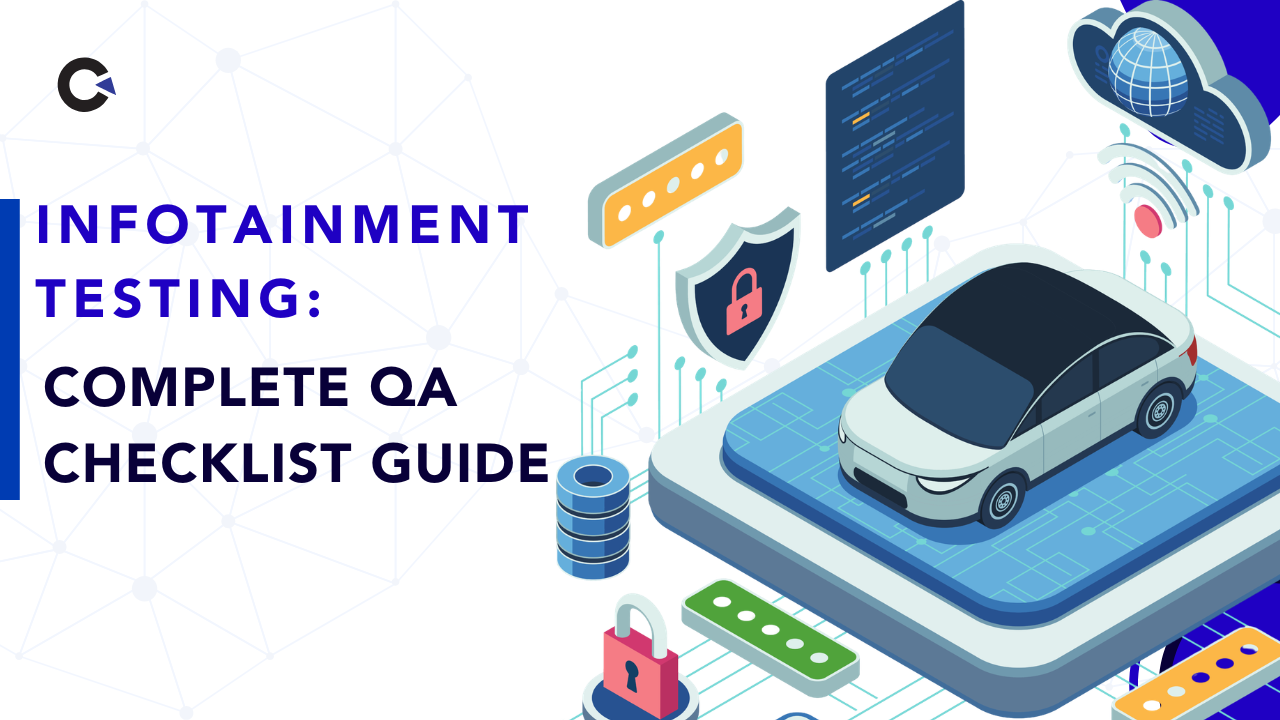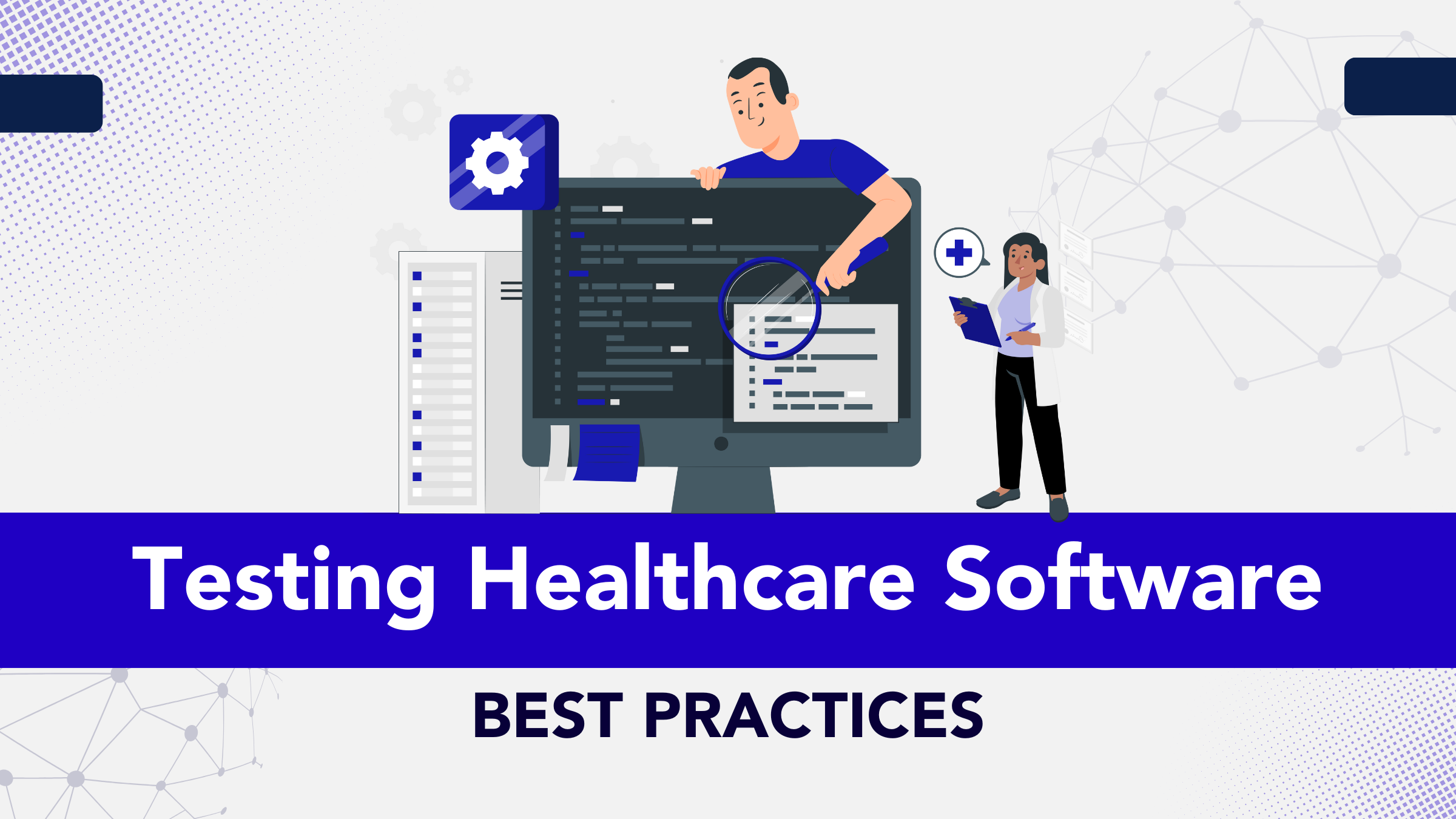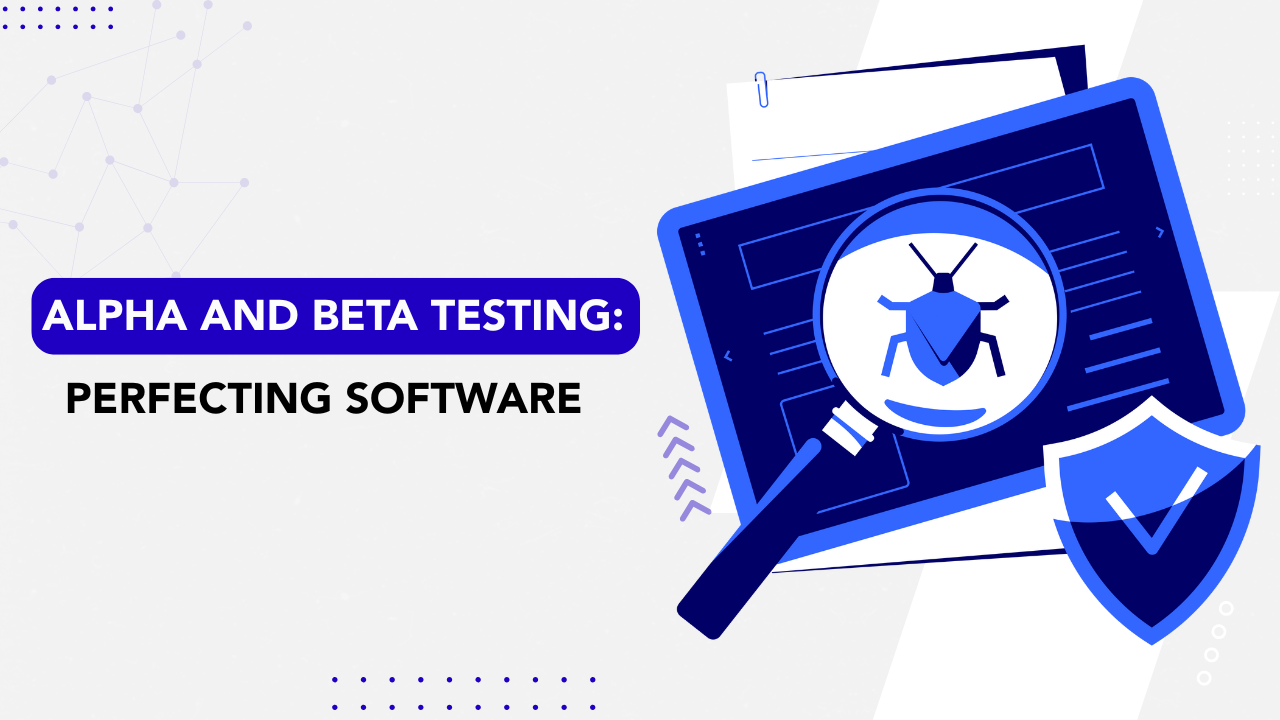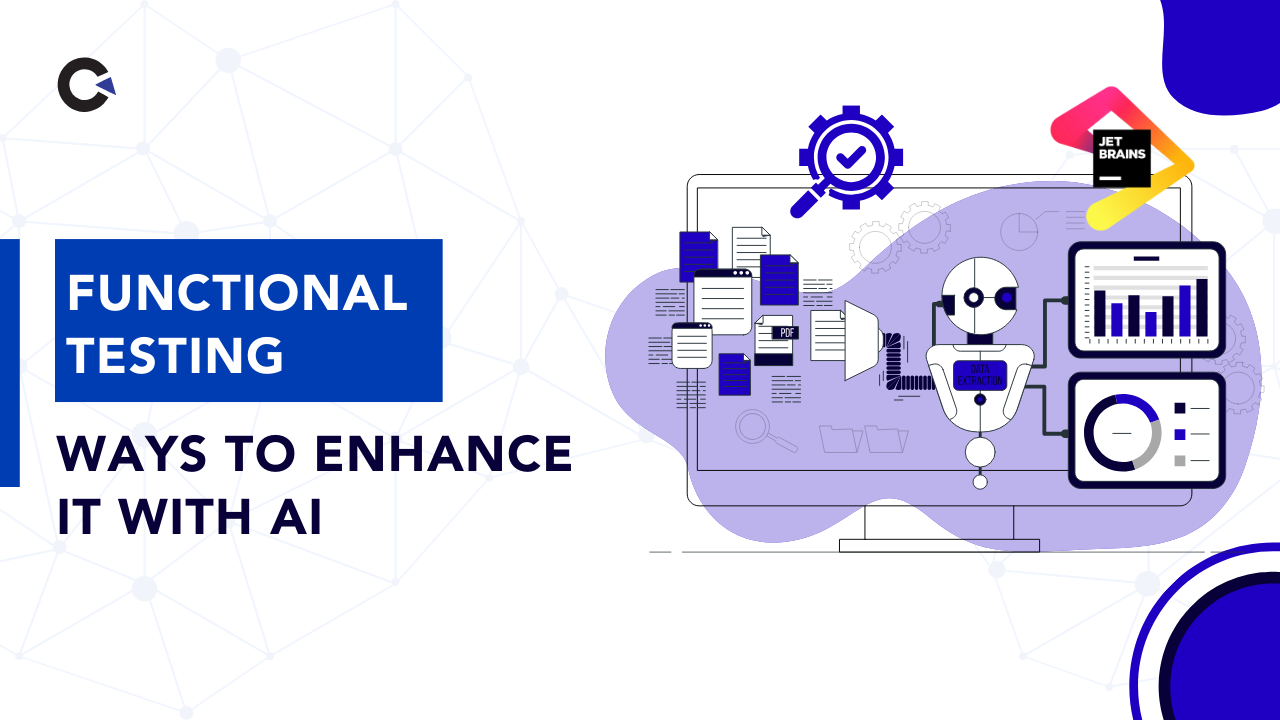
by admin | May 19, 2019 | Software Testing, Blog |
We have a conviction that our day to day work should be a combination of hard and smart work. In automation testing, we can arrive at a solution for a problem in umpteen numbers of ways. However, at times a complex problem might have a simple solution. In this article, we are going to share Java snippets which are much useful for automation testers to do smart work.
Snippet #1-How to check a string contains only numeric value?We can check this criteria using Regex pattern or you can try with Long.parseLong method. However, we recommend you to use Apache Commons Lang3‘s NumberUtils to check whether a string has only numeric.
String str = "1234";
if(NumberUtils.isCreatable(str)){
System.out.println("True");
}
else{
System.out.println("False");
}}
Snippet #2-How to get Apache POI Numeric Cell value as it appears in Spreadsheet? If you want to get the Numeric value from a cell as it appears in Excel, use the below snippet.
strCellValue=new DataFormatter().formatRawCellContents(cell.getNumericCellValue(),
cell.getCellStyle().getDataFormat(), cell.getCellStyle().getDataFormatString());
Snippet #3-How to set Network Conditions in Selenium? If you want to run your Selenium script in different network conditions, you can do it using Chrome CommandExecutor as shown below.
System.setProperty("webdriver.chrome.driver","drivers/chromedriver.exe");
ChromeDriver driver = new ChromeDriver();
CommandExecutor executor = driver.getCommandExecutor();
//Set the conditions
Map map = new HashMap();
map.put("offline", false);
map.put("latency", 5);
map.put("download_throughput", 5000);
map.put("upload_throughput", 5000);
Response response = executor.execute(new Command(driver.getSessionId(),"setNetworkConditions",
ImmutableMap.of("network_conditions", ImmutableMap.copyOf(map))));
driver.get("http://google.com");
Snippet #4-Filtering WebElements using Regular Expression
driver.get("file:///C:/sample.html");
List<WebElement> elements=driver.findElements( By.xpath("//input[@type='checkbox']"));
elements.stream()
.filter(element->Pattern.compile("check_(\d+)_box").matcher(element.getAttribute("id")).matches())
.forEach(element->element.click());

by admin | May 18, 2019 | Software Testing, Blog |
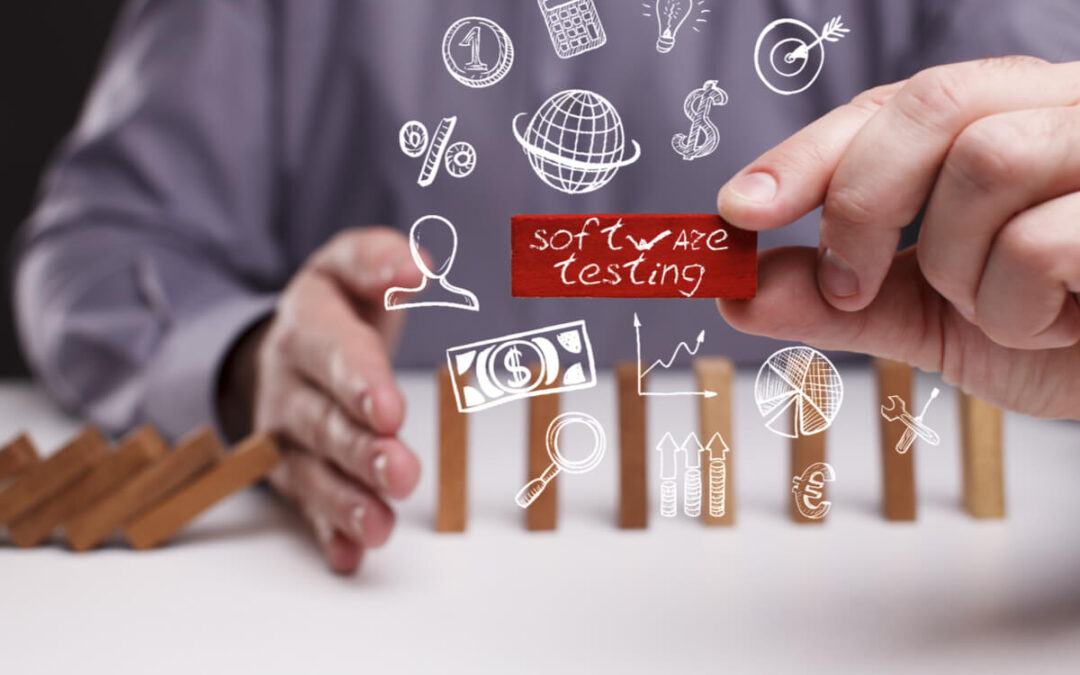
by admin | Jun 10, 2019 | Software Testing, Blog |

by admin | Jun 22, 2019 | Software Testing, Blog |

by admin | Apr 22, 2019 | Software Testing, Fixed, Blog |
The use of Machine Learning (ML) is one of the latest trends being leveraged by software testing companies to predict test coverage, a crucial test management metric. With ML, companies can ensure that test management goes beyond spreadsheets, incorporating the latest Artificial Intelligence (AI) technologies.
ML lends enhanced precision to test coverage predictions, thereby paving the way for a better assessment of quality delivery of software projects. Test coverage predictions for a release can attain higher levels of accuracy with ML as compared to manual testing. There are several reasons for why ML benefits Test Coverage predictions, and any top QA outsourcing company would be able to work with Machine Learning to provide the best software products.
With over one-third of software testing being a repetitive process, aimed at checking results, the use of ML and AI bots enables greater focus on the qualitative aspect of testing. Since test coverage largely pertains to the quantitative extent of tests, Machine Learning facilitates better software testing coverage predictions as it pivots around creative and business-centered test inputs and validations.
The shift to Agile and DevOps has added a new dimension to software development and testing. The breakneck speed of software development in present times has brought test coverage and quality assurance to the forefront. Test coverage defines specific parts of software that tests need to cover. Using ML can ensure that test coverage is expanded to an ideal amount – based on the priorities of a business and its risk analysis, to ensure that coverage predictions have elevated levels of accuracy.
The demand and popularity of ML has soared in recent years since it characterizes a software category that allows a computer system to learn without explicit programming. ML software has the ability to ‘learn’ from a given set of data and use its learning to make predictions about a new data set.
ML and other automated testing techniques can enable a software testing company to increase the overall scope and depth of tests. Automated tests can better ascertain that the software being tested behaves as expected because hundreds of different test cases can be executed in each test run. The greater test scope afforded by Machine Learning can result in more comprehensive test coverage.
Software testing companies can improve test coverage significantly by using ML and automation with tools such as Cross-Browser Testing. The improved test coverage results from the automation of critical flows and quick access to the browsers, devices or platforms that testing has to cover. With the testing plan covering diverse scenarios, Machine Learning can facilitate effective test coverage predictions.
Manually combining the predictions made with the help of reports from test management tools is a time-consuming process. It fails to accurately predict tasks such as test coverage, test estimation, and quality issues. However, with machine learning algorithms, it is easy to establish cross co-relations from all the data collected. ML, therefore, is an efficient technology for predicting test coverage and monitoring the progress of the delivery timeline of a project / projects.
New methodologies in software testing and the adoption of the ML approach have resulted in more reliable testing outcomes than the traditional testing methods. In addition to increasing test coverage, the new automated testing techniques and detailed attention to data management have resolved the issue of ignored bugs in software, and reduced the time required by testers to conduct tests on software.
The Machine Learning approach ensures a competitive positioning for the testing company using the technique given the ability to forecast customer requirements. A broader test coverage mechanism empowers a company to analyze customer data, understand the in-demand features/products and make software modifications accordingly. ML can therefore, lead to higher revenues and more cost-effective QA processes for a company.
Software testing companies using ML and AI technologies for automated testing can produce a comparatively higher quality of software than those dependent on manual testing. These technologies enable improved test coverage, accurate coverage predictions, and better test quality. Additionally, companies that incorporate ML also bring down the requirement of manual labor for testing purposes.
Using Machine Learning for test coverage predictions can prove to be a decisive step by QA companies looking to accelerate their continuous test automation efforts to produce quality software. Several companies are adopting the ML technology for extending test coverage at scale and forecasting building performance. The inclusion of ML in testing can mainly be beneficial for a company because it improves test coverage, simplifies prediction models and reduces computation times drastically. Connect with us as the experts in this realm and more.

by admin | Apr 21, 2019 | Software Testing, Blog |


